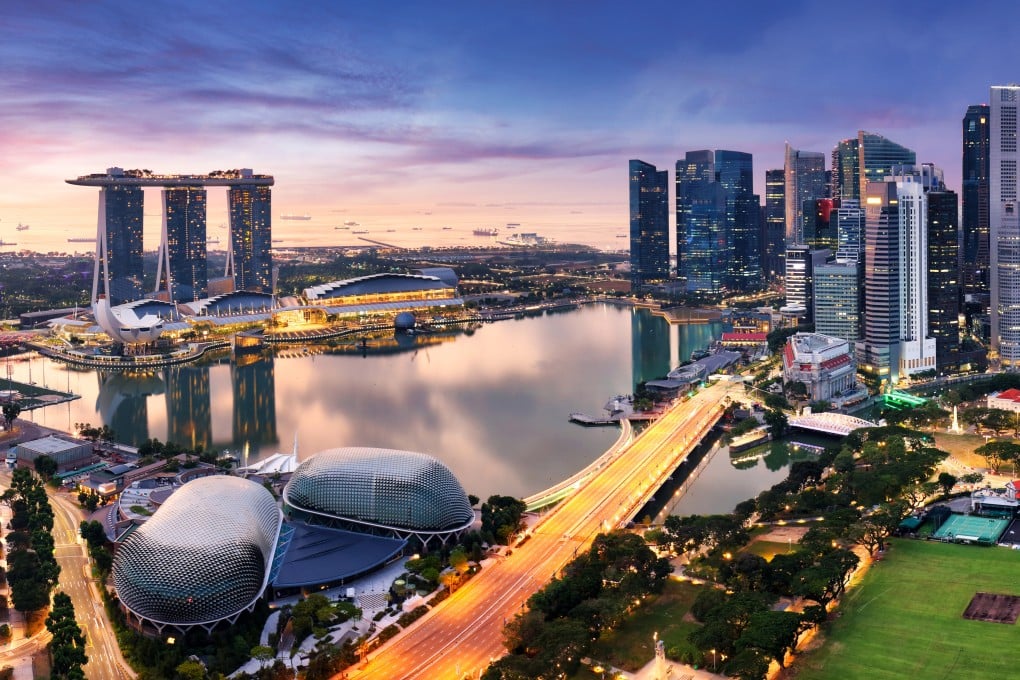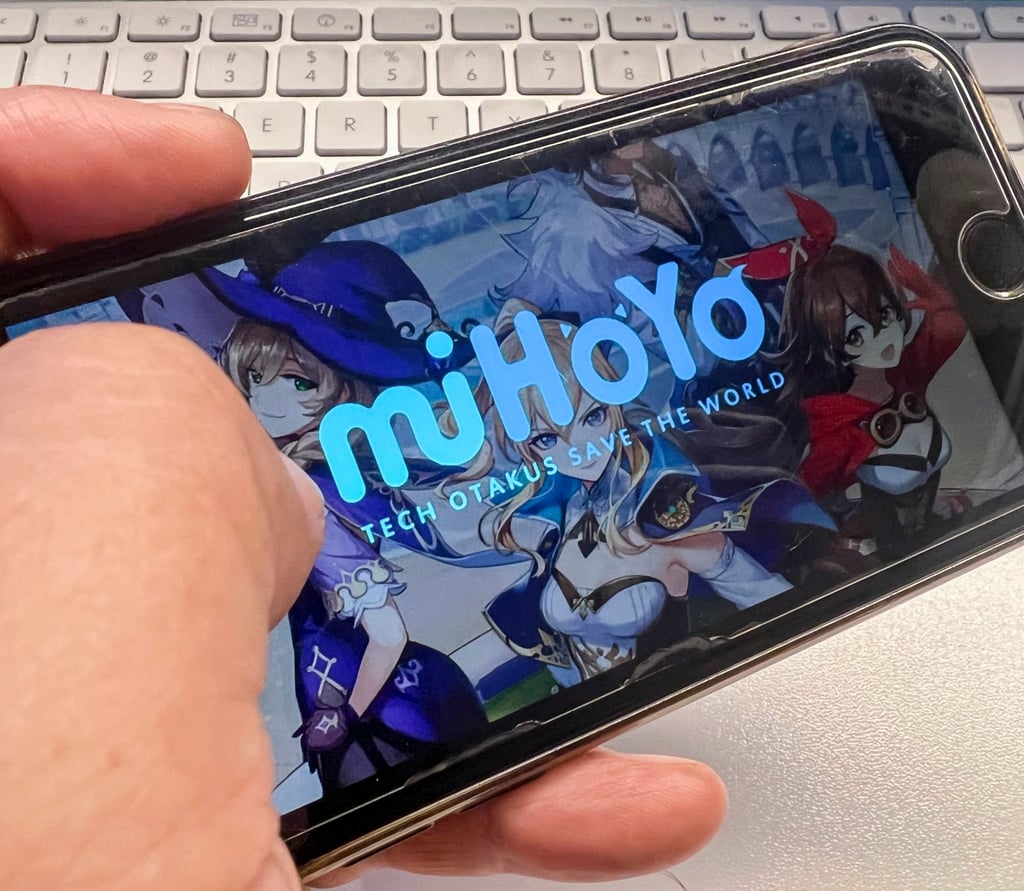Advertisement
China’s miHoYo, creator of hit game Genshin Impact, picks Singapore as base of metaverse unit, plans ‘hundreds of jobs’
- Metaverse subsidiary HoYoverse is expected to help video gaming company miHoYo broaden its global development and distribution network
- Singapore represents miHoYo’s fifth overseas outpost after establishing offices in Tokyo, Seoul, Los Angeles and Montreal
Reading Time:2 minutes
Why you can trust SCMP

Chinese video gaming company miHoYo, creator of global hit action role-playing game Genshin Impact, has chosen Singapore as the site of its metaverse subsidiary’s headquarters, where it plans to add “hundreds of jobs” by the end of this year, as more mainland firms set up shop in the city state amid Beijing’s tightened regulatory regime.
The Southeast Asia base of HoYoverse, a new unit that miHoYo announced in February this year, will serve as a major hub for “global distribution and operations” that will work closely with the company’s other offices in providing “technical support for game development”, the Shanghai-based video gaming firm said in a statement on Monday.
That represents miHoYo’s fifth overseas outpost after establishing offices in Tokyo, Seoul, Los Angeles and Montreal.
Advertisement
“Our team in Singapore will play a crucial role in broadening our global development and service network,” HoYoverse co-founder Liu Wei said in the statement. He is also one of the three co-founders of miHoYo.

HoYoverse is currently hiring employees for 51 new positions in Singapore, including 20 related to programming and technology, and nine for operations, according to the miHoYo subsidiary’s career web page.
Advertisement
“We’re eager for more creative minds from diverse backgrounds to join us in building the future,” Liu said.
Advertisement
Select Voice
Select Speed
1.00x